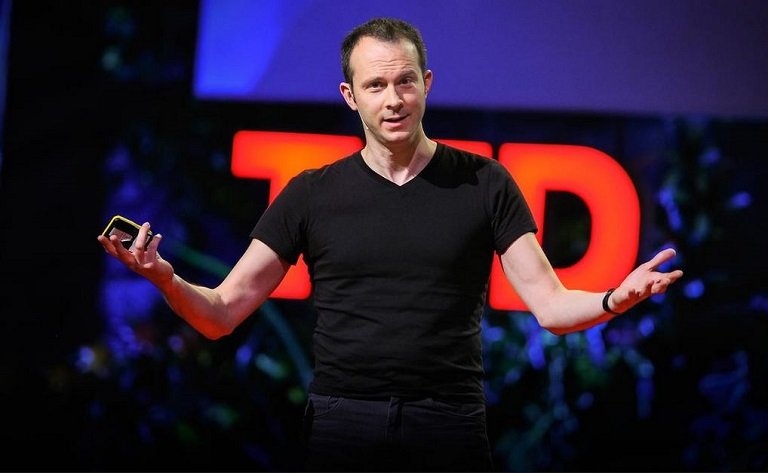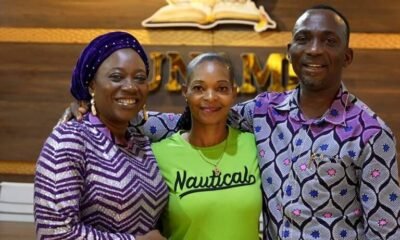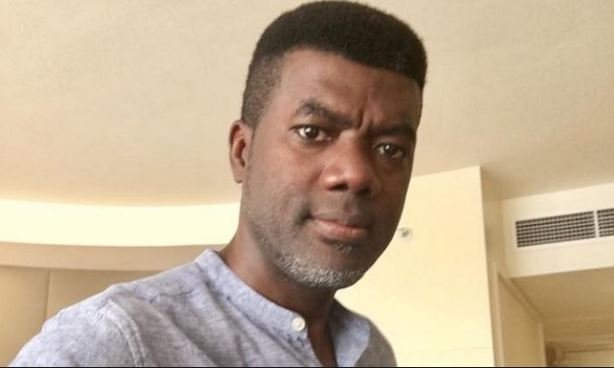News
Truths we know but choose not to talk about by David Dimas

“Lies sound like facts to those who’ve been conditioned to mis-recognize the truth.” – DaShanne Stokes

Tim Harford’s guide to statistics in a misleading age seeks to focus attention on propaganda
A friend recently forwarded a piece from The Financial Times titled “Tim Harford’s guide to statistics in a misleading age” to a chat group I belong to.
In this informational commentary, the writer affirmed how news and information, often designed as a political weapon, freely fill pages of newspapers, online news platforms and social media feeds.
This sudden breakdown of truth and from presupposed trusted sources of information is a pressing problem in our societies today because the internet has made it possible for atypical and scheming voices to be heard from far and near.
The culture of on-demand news and 24 by 7 connection to social media, in particular, has surely changed how people relate to truth around them.
Indeed, partisan claims and counterclaims are now the order of the day. Deception and propaganda are spreading with frightening speed in societies like America and Nigeria. At the same time, falsity is reshaping our world with a new order of disinformation.
READ: Nigeria not ruffled by oil price drop – Kachikwu
Undoubtedly, our societies have given in to confirmation bias and tendentious reasoning. It is now a world where people are licensed by political leaders, media houses and religious leaders to process information with unrealistic theory and extreme measures.
These days, people freely convince themselves and then laboriously convince others to believe what they believed even if what they believed defies logical reasoning and prevailing facts.
As if that is not enough, any attempt to call for fact checking will always spark angry backlashes from these people who take what they read, or have read, at face value.
In the wake of the United States’ 2016 election, many experts raised concerns about the potential impact of lies, propaganda, and conspiracy theory propagation and consumption on both political life and innocent individuals.
That warning, no doubt, did not go far as fake news consumption almost cost many innocent citizens their lives in Washington D.C.
In December of 2016, Infowars, an American conspiracy theory media platform, led by Alex Jones spread a made-up story alleging that a child-sex trafficking ring, involving high-profile members of the Democratic Party, was operating out of the basement of a pizza restaurant in Washington DC.
After consuming this news, a 28-year old man named Edgar Madison Welch, drove four and half hours from North Carolina and walked into the restaurant which does not have a basement.
He shot rounds from an assault rifle in an attempt to free the presupposed but non-existent victims of sex trafficking. Thankfully, no one was hurt and the news turned out to be false. He was arrested, tried by the authority and has been sentenced to 4 years behind bars.

FILE PHOTO: UNDOC report says that nine out of 10 Nigerian women smuggled to Italy as sex workers are from Edo State
Photo: Refuge Network International
Clearly, it is mostly easy for people to accept a given piece of information and never care to evaluate its accurateness. This stacks the deck in favor of accepting misinformation rather than drilling down to understand the source and the “why” of information sent their ways.
In America today, people call news they don’t like fake. This fascination with selective reporting and news consumption has, without a doubt, infiltrated Nigeria with its confirmation bias and propaganda technique.
Nigerians, like “Evangelicals” and “Liberals”, are constantly falling-out with each other over political and economic situations with fake news, propaganda and deception.
For the most time, the biting economic realities and lack of justice for people slaughtered, by people who feel it is their birthright it is to foment trouble, does not affect the government’s scorecard.
These people have continually employed lies, propaganda and fake news to suppress obvious facts.
Be that as it may, it is especially significant to note that the lethargic reaction to critical national issues in Nigeria has portrayed the current system of governance as a weak enterprise. Specifically, the government seems helpless against the clambering cases of kidnapping and Boko Haram attacks.
Besides, the strife between nomadic herdsmen and farmers has, in recent times, reached an unbearable crescendo with increasing clashes and deaths reported in Adamawa, Benue, Taraba and Nasarawa states.

Herdsmen have ravaged Nigerian villages in recent times
Strangely enough, the go-to policy for the government has always been to push its media resources into spreading news that insults the intelligence of Nigerians.
On the other hand, citizens who dare speak up on the run-down situation of security and the economy are harassed by men of the Department of State Services (DSS).
This government attack dog is every ready to visit anybody who dares say or write otherwise.
In spite of this militarization of democracy by Nigerian government, many Nigerians still remain divided along religious lines. To most people, religious identity and region are determining factors in the election and appointments of leaders.
As a matter of fact, competence has never been a factor as die-hard advocates of religion-and-region-before-competence never see beyond a candidate’s religion and region of origin.
To such people, the nation can continue to face insecurity to any length but will continue to live in denial of this as long as their favorite candidate remains in power.
This are truths we as Nigerians know but have chosen not to talk about.
Paul Watzlawick, an Austrian-American psychologist, communication theorist, and philosopher, said that the secret of propaganda is to totally saturate the person, whom the propaganda wants to lay hold of, with the ideas of the propaganda, without him even noticing that he is being saturated.
For one thing, misinformation or propaganda is a global phenomenon. Besides, researchers have established that misinformation is “sticky” and is often resistant to correction.
In the words of Tom Rosenstiel, misinformation is not like a plumbing problem you fix. It is a social condition, like crime, that you must constantly monitor and adjust to.
In essence, the threat posed by the spread of misinformation should not be underestimated considering that Nigeria has one of the highest Internet and social media penetration rate in Africa.
This why fact checking news should be the new culture in our society.
There is need to face this threat by investing in quality information and actions to combat the rise of misinformation, hatred, racism, bigotry and intolerance in our societies.
This is an uncomfortable truth we all need to face and it starts with individuals taking responsibility for the information they pass or consume.
David Dimas is a pastor, blogger and inspirational speaker, who wrote in from Laurel, Maryland, USA
You can reach him via email: ddimas01@yahoo.com










